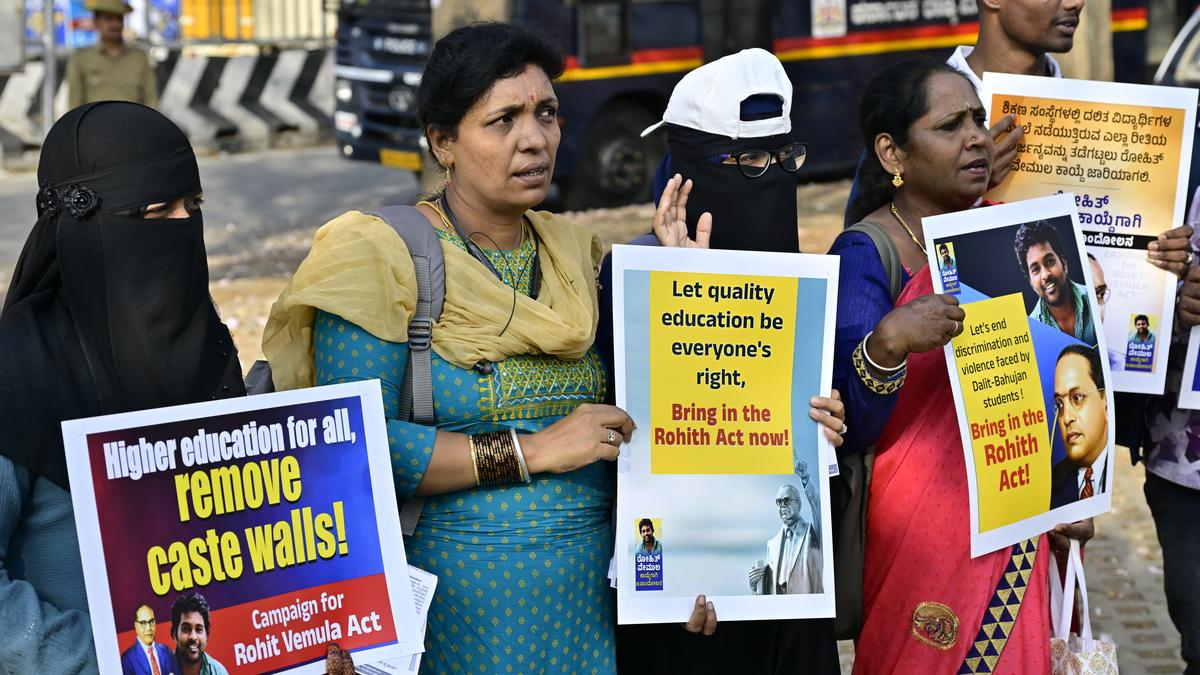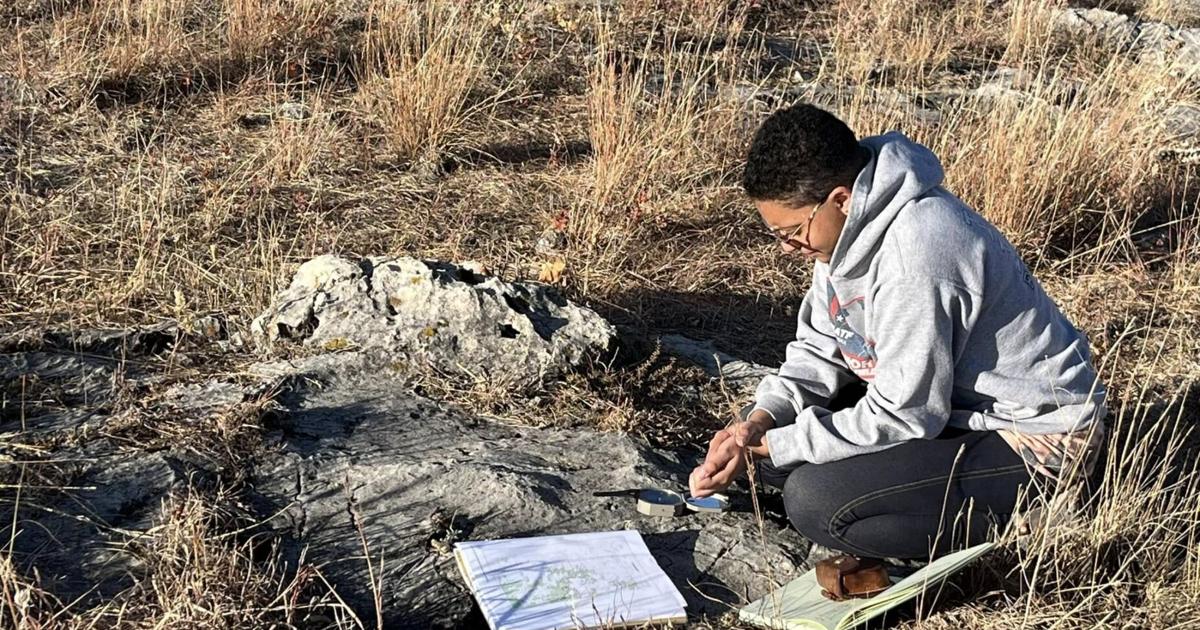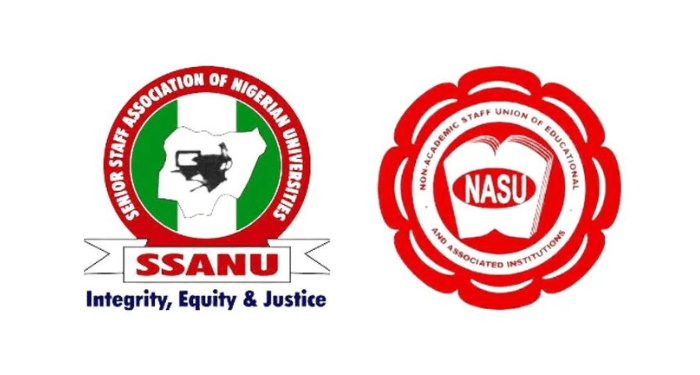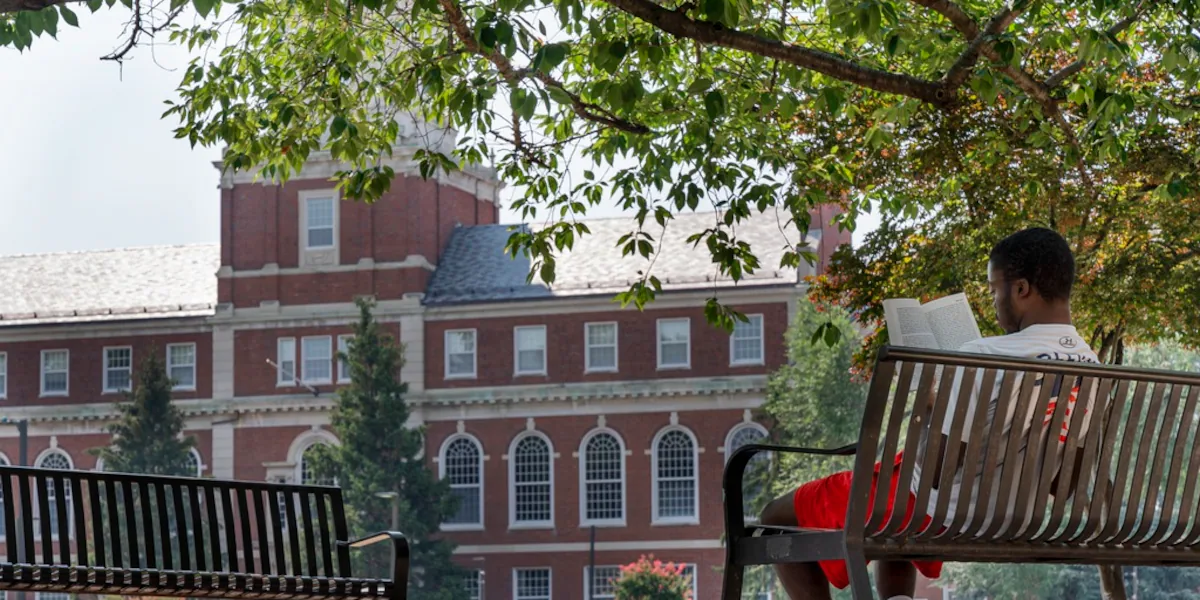Supreme Court sets eight-week deadline for UGC to incorporate suggestions to address caste-based bias
By Aaratrika Bhaumik
Copyright thehindu

The Supreme Court on Monday (September 15, 2025) directed the University Grants Commission (UGC) to consider the suggestions received from stakeholders on tackling caste-based discrimination in higher education campuses and to incorporate them into the University Grants Commission (Promotion of Equity in Higher Education Institutions) Regulations, 2025, within eight weeks.
A Bench of Justices Surya Kant and Joymalya Bagchi was hearing a petition filed six years ago by the mothers of Rohith Vemula and Payal Tadvi, represented by senior advocate Indira Jaising and advocates Prasanna S. and Disha Wadekar. The petition sought urgent measures against what the petitioners described as “rampant” caste discrimination in universities, which they said had claimed their children’s lives.
Rohith Vemula, a PhD scholar at Hyderabad Central University, and Payal Tadvi, a tribal student of T.N. Topiwala National Medical College, died by suicide in January 2016 and May 2019, respectively, after facing caste-based bias on campus.
Solicitor-General Tushar Mehta, appearing for the Union government, informed the court that nearly 391 suggestions had been received on the 2025 Regulations. He added that a UGC-appointed expert committee chaired by Shailesh N. Zala, former Vice-Chancellor of Maharaja Krishnakumar Sinhji Bhavnagar University in Gujarat, was examining the suggestions and had forwarded them to the UGC for consideration.
“The committee is examining these suggestions, and the regulations will be amended accordingly if the UGC accepts them. It is at this stage,” he said.
Ms. Jaising, appearing for the petitioners, told the court that there had been an inordinate delay in addressing the remedies sought and that several students had died by suicide in the meantime. “The focus of this petition is specifically on caste-based discrimination. Earlier judgments of the Supreme Court dealing with campus discrimination were neutral in relation to caste. My interest is prevention rather than cure,” she said.
Key recommendations
Justice Kant noted that Ms. Jaising’s written note submitted to the court had summarised ten core issues that needed to be addressed, including a clear ban on discriminatory practices, mental health counselling, and social audits. “Our proposal is that now that the matter is pending with the UGC and the expert committee, a final decision with regard to the regulations will be taken by them. We direct today that these points will also be considered for incorporation in the regulations,” he said.
When Ms. Jaising pointed out that a timeline should be fixed in this “eternal exercise” so that more students do not face caste discrimination in the interregnum period, the Bench assured her that an eight-week deadline would be imposed.
“We will fix a timeline and keep the matter open. If some of the suggestions are not incorporated, we will examine the reasons,” Justice Kant said, adding that certain proposals could be “problematic” in the long run.
The Bench accordingly directed the UGC to examine a range of recommendations, including a ban on all forms of discriminatory practices with disciplinary consequences, a prohibition on segregation in hostels and classrooms, and a digitised scholarship system to prevent harassment through delayed disbursal of funds. It also asked the UGC to consider setting up grievance committees with at least half their members from the Scheduled Caste, Scheduled Tribe, and Other Backward Class communities, with their orders appealable before the National Commission for Scheduled Castes (NCSC) and the National Commission for Scheduled Tribes (NCST).
Other proposals placed before the court included protection mechanisms for complainants modelled on witness protection, personal liability of staff for negligence, specialised counselling for students from marginalised backgrounds, social audits, National Assessment and Accreditation Council (NAAC) reporting on anti-discrimination measures, and withdrawal of grants from non-compliant institutions.



